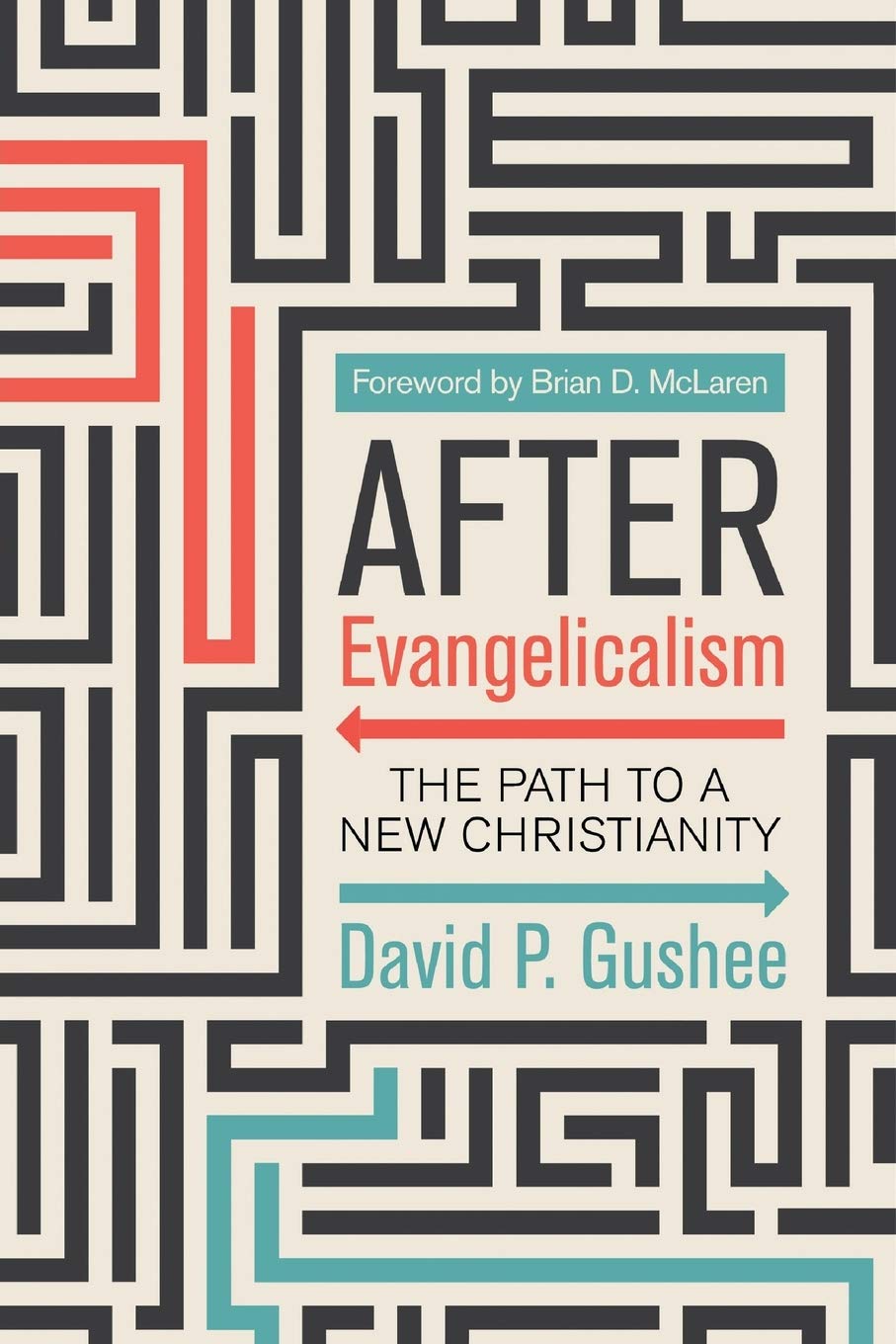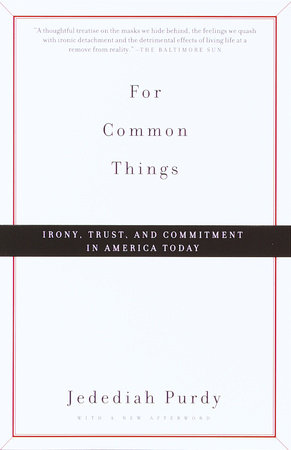
Democracy and Education by John Dewey. 🎧
There’s so much in this book, but I lived in “Chapter 23: Vocational Aspects of Education” for a while. (Emphasis below is mine.)
There is a standing danger that education will perpetuate the older traditions for a select few, and effect its adjustment to the newer economic conditions more or less on the basis of acquiescence in the untransformed, unrationalized, and unsocialized phases of our defective industrial regime. Put in concrete terms, there is danger that vocational education will be interpreted in theory and practice as trade education: as a means of securing technical efficiency in specialized future pursuits. Education would then become an instrument of perpetuating unchanged the existing industrial order of society, instead of operating as a means of its transformation. The desired transformation is not difficult to define in a formal way. It signifies a society in which every person shall be occupied in something which makes the lives of others better worth living, and which accordingly makes the ties which bind persons together more perceptible—which breaks down the barriers of distance between them. It denotes a state of affairs in which the interest of each in his work is uncoerced and intelligent: based upon its congeniality to his own aptitudes. It goes without saying that we are far from such a social state; in a literal and quantitative sense, we may never arrive at it. But in principle, the quality of social changes already accomplished lies in this direction. There are more ample resources for its achievement now than ever there have been before. No insuperable obstacles, given the intelligent will for its realization, stand in the way.
Dewey argues that all education should be vocational education (“The only adequate training for occupations is training through occupations” is perhaps the most frequent statement in the entire book) so long as we remember that:
- A vocation is simply what you do with your life to contribute to society.
- Art collecting is a vocation just as much as welding is. “To a considerable extent, the education of the dominant classes was essentially vocational—it only happened that their pursuits of ruling and of enjoying were not called professions… Unconsciously to themselves the higher institutions of learning have been made to contribute to preparation for these employments. Even at present, what is called higher education is for a certain class (much smaller than it once was) mainly preparation for engaging effectively in these pursuits.”
Keeping these things in mind prevents vocational education from perpetuating separation between leisure and working classes.

After Evangelicalism by David P. Gushee
Gushee says that he’s found his “church” in a combination of a Jewish synagogue, Catholic Mass, and a really good home group. That’s disappointing: I was hoping he’d make it easy and recommend some denomination.
My cynical theory is that TGC crushed Rob Bell so hard that progessive Christians don’t start churches anymore; they just start podcasts.
For Common Things by Jedediah Purdy.
On living unironically (emphasis mine):
In all of these ways, West Virginia meant perfect confidence in the reality of things. I developed one of our hillside springs, digging out a natural seep, filling it with filtering gravel, and ditching out a pipe-run between it and our house, more than a hundred yards below. I drilled the boreholes that brought sap from the living wood of our maples. Although I never pulled the trigger when we slaughtered our steers, I helped to skin and gut a few that I had named. When we spoke about these things, there, we could be confident that our words sat squarely on things that we knew in common. Maybe because so much of our talk had to do with these stable, certain, solid things, West Virginia was not an ironic place. There was not much talk of trust, hope, or reliance; but there was a great deal of each of those, so thoroughly present that there was no need to name them. They were bound up in the things we did name.
On work (emphasis mine):
One thing that a culture does is to give people ways of thinking about what they are doing. They can see the connections among their work, their talents, and the needs of the world. They perceive their work as belonging to a whole, some of whose possibilities are good, which they help to sustain. In other words, a rich culture helps people to say what their work is for, what its purposes are. This means that an architect can understand how her work serves the purpose of creating heartening places for people to live and work, a journalist the aim of informing people of their community’s business and the world’s, a doctor making possible healthy lives, or a farmer feeding people and maintaining fertile land. A person can also appreciate how her trade enhances her own life by developing her best talents or important human qualities: for the architect, spatial and aesthetic perception and an intuitive sense of how space either puts people at ease or disquiets them; for the journalist, effective writing, a feeling for the line between truth and falsehood, and the knack for drawing scattered facts into an intelligible story. Moreover, a culture presents us with standards of excellence that are independent of us and dignify our work when we satisfy them: sound and gracious design, clear and true writing, or the health of a farmer’s fields and livestock. Work that can be good in these elemental ways can also, necessarily, be bad. It can fail. There are ruined fields, unintelligible essays, and displeasing buildings. Just as good work gives a measure of sense and dignity to a person’s activity, bad work is degrading. A job or an industry that does not offer the possibility of good work, that is manifestly unnecessary, that develops no talents, that achieves no excellences, is a species of tragedy, or of insult.

The Society of the Spectacle by Guy Debord.
I think about this a lot when my company gives us “Wellness Days” off:
Due to the very success of this separate production of separation, the fundamental experience that in earlier societies was associated with people’s primary work is in the process of being replaced (in sectors near the cutting edge of the system’s evolution) by an identification of life with nonworking time, with inactivity. But such inactivity is in no way liberated from productive activity. It remains dependent on it, in an uneasy and admiring submission to the requirements and consequences of the production system. It is itself one of the products of that system. There can be no freedom apart from activity, and within the spectacle activity is nullified – all real activity having been forcibly channeled into the global construction of the spectacle. Thus, what is referred to as a “liberation from work,” namely the modern increase in leisure time, is neither a liberation within work itself nor a liberation from the world shaped by this kind of work. None of the activity stolen through work can be regained by submitting to what that work has produced.
